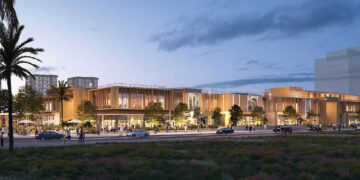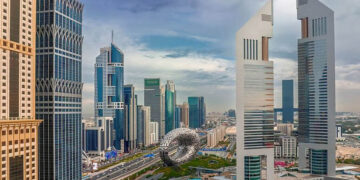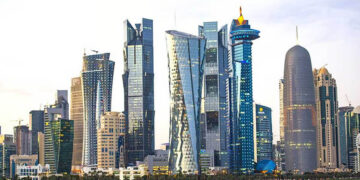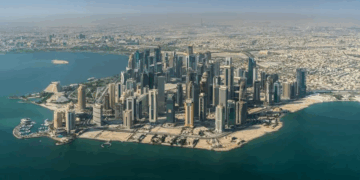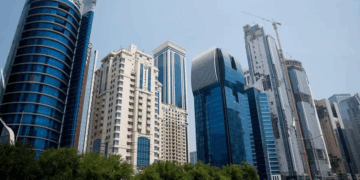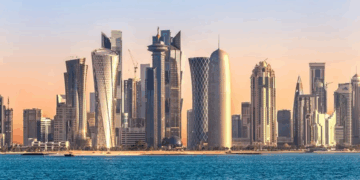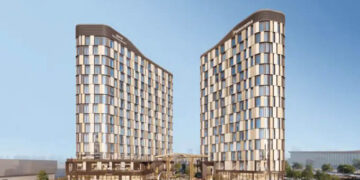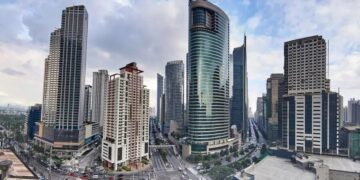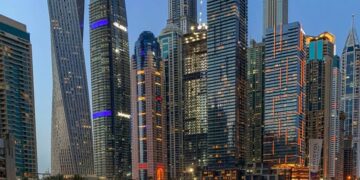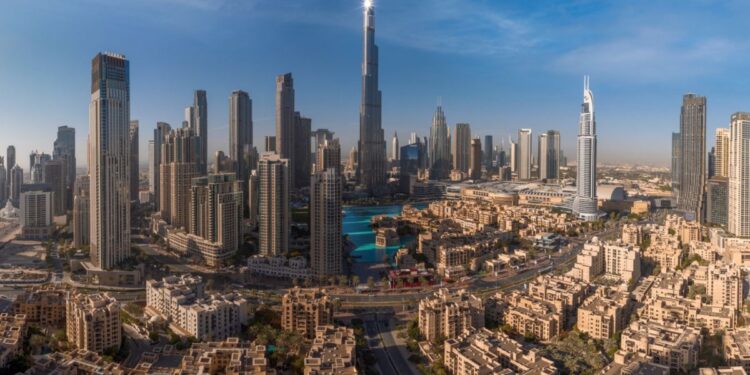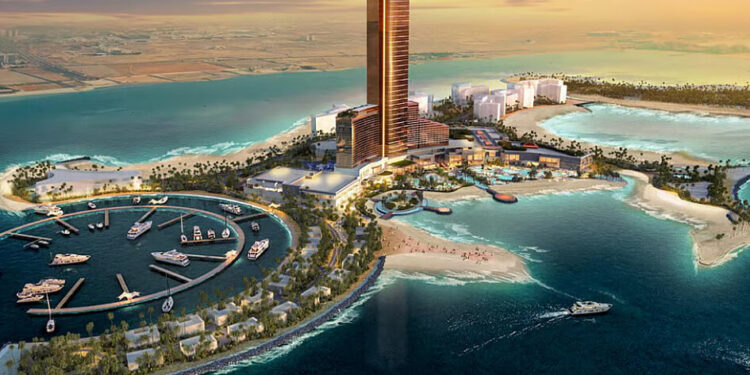Property Finder’s most recent market performance report says, Dubai’s real estate market reached new heights in July 2025, with AED63.6 billion ($17.3 billion) in property sales, a 27% year-on-year gain in value and a 24% increase in transaction volume.
This excellent result was fueled by stronger off-plan sales, increasing secondary market activity, and the UAE Ministry of Finance’s historic policy move, which now permits corporate tax deductions on investment properties held at fair value.
According to Property Finder, the move accords with global accounting rules while also greatly increasing investor freedom.
Dubai real estate growth
Overall, the main market generated AED 31.9 billion ($8.7 billion) in sales, up 32% year on year, with high-value acquisitions in Wadi Al Safa 3 (16% of primary value) and Dubai Investment Park (9%).
The secondary market followed closely, contributing AED 31.7 billion ($8.6 billion) across 8,221 transactions, representing a 22% increase in value and an 18% increase in volume year on year.
Key drivers included:
The UAE Ministry of Finance’s July 2025 policy update allows for depreciation deductions based on current market value rather than historical cost, a shift welcomed by both investors and analysts.
Cherif Sleiman, Chief Revenue Officer at Property Finder, said: “With a powerful mix of market resilience, investor-friendly policies, and data transparency, Dubai continues to reinforce its position as one of the most attractive real estate markets globally.
“The new Ministerial Decision allowing depreciation deductions on investment properties held at fair value, is a forward-thinking move aligning the UAE’s tax framework with international best practices.
“It’s a prime example of how the country fosters long-term investor confidence by proactively evolving its regulatory landscape. Businesses can now claim tax deductions based on real-time market valuations, offering added flexibility and significant potential savings.
“This not only enhances reporting transparency but also incentivises growth for developers, funds, and corporates seeking to expand their portfolios.”
As renters sought to protect themselves from rising rental prices, the market experienced a spike in demand for smaller units, particularly one-bedroom and studio apartments.
In Dubai, the percentage of buyers choosing apartments over villas increased by 3% year on year, owing primarily to affordability concerns and hedging methods in the face of rising rental prices.



















